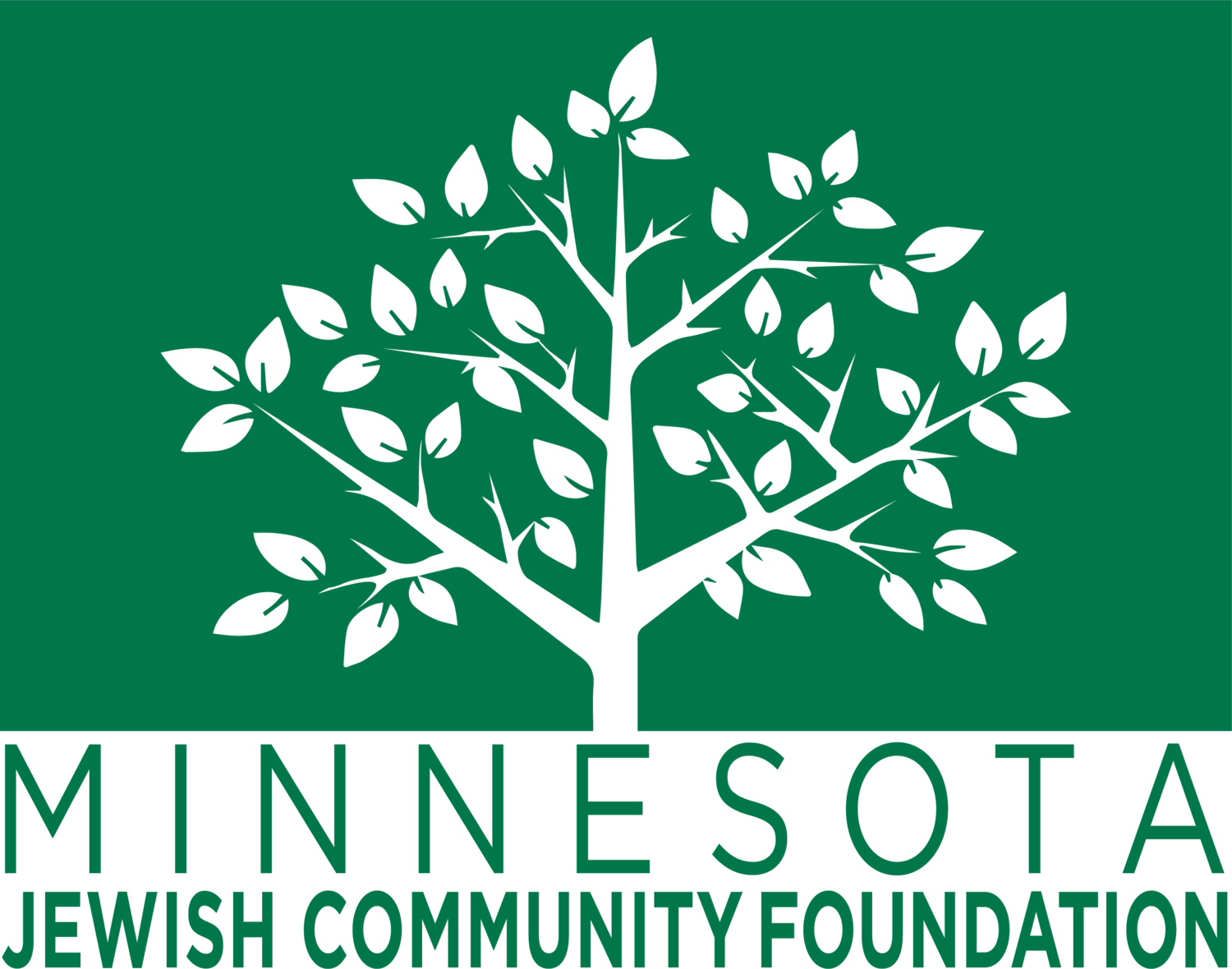How Families Talk About Money, Legacy, and Generosity
Conversations about money and legacy can be some of the most meaningful — and sometimes the most sensitive and challenging — discussions that families have. For many, these talks are not only about money, assets, and inheritance, but about values, impact, and what kind of legacy we hope to leave when we are gone.
Each family has a unique family culture, comfort level, and takes a different approach to if, how, how much to share, and when they talk about values, money, what the kids will inherit, and charitable giving. What are the conversations you have with your family about what they will inherit and charitable giving? Depending on your kids’ ages and personalities, you may take different approaches to the conversation. When your kids are young, you might use the Share, Save, Spend box to illustrate what it means to set aside money and give it to charitable causes. Perhaps you talk about tzedakah around your high holiday table. How do you have this discussion when your children are older and perhaps living elsewhere, and where they have their own children?
Starting family conversations about philanthropy can be both meaningful and sensitive because of all of the above. Below are five common approaches to how families handle conversations about money, inheritance, and charitable giving, along with the benefits and challenges of each:

There’s no singular right way to have these conversations. What is important is intentionality and communication—aligning your approach with your family’s particular values, comfort level, and long-term goals.
Why These Conversations Matter
However you choose to talk about money and giving, these conversations help ensure that your generosity — and the values behind it — are instilled in the next generations. They are opportunities to teach, to listen, and to build understanding across your family.
Many families also find it helpful to bring in a facilitator, advisor, or philanthropic consultant to help structure these discussions thoughtfully and productively. If you’d like to explore ways to bring your family into your philanthropy, we’re here to help. Our team can provide tools, facilitation, and ideas to make the conversation both comfortable and meaningful, and ideas to address the challenges — so your legacy reflects your values and continues your legacy of giving. Please contact us at info@mnjcf.orgor (952) 593-2600 for guidance.

